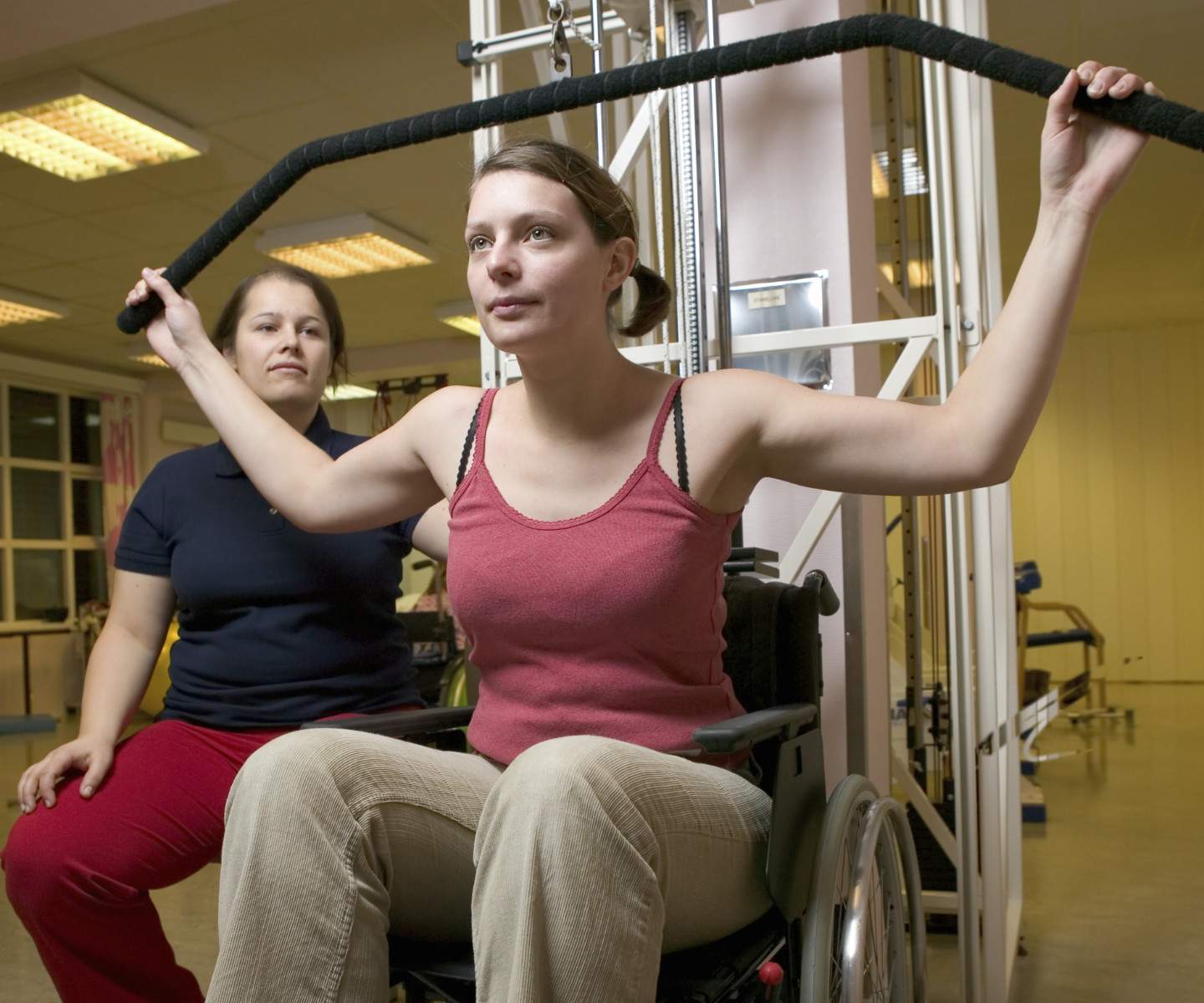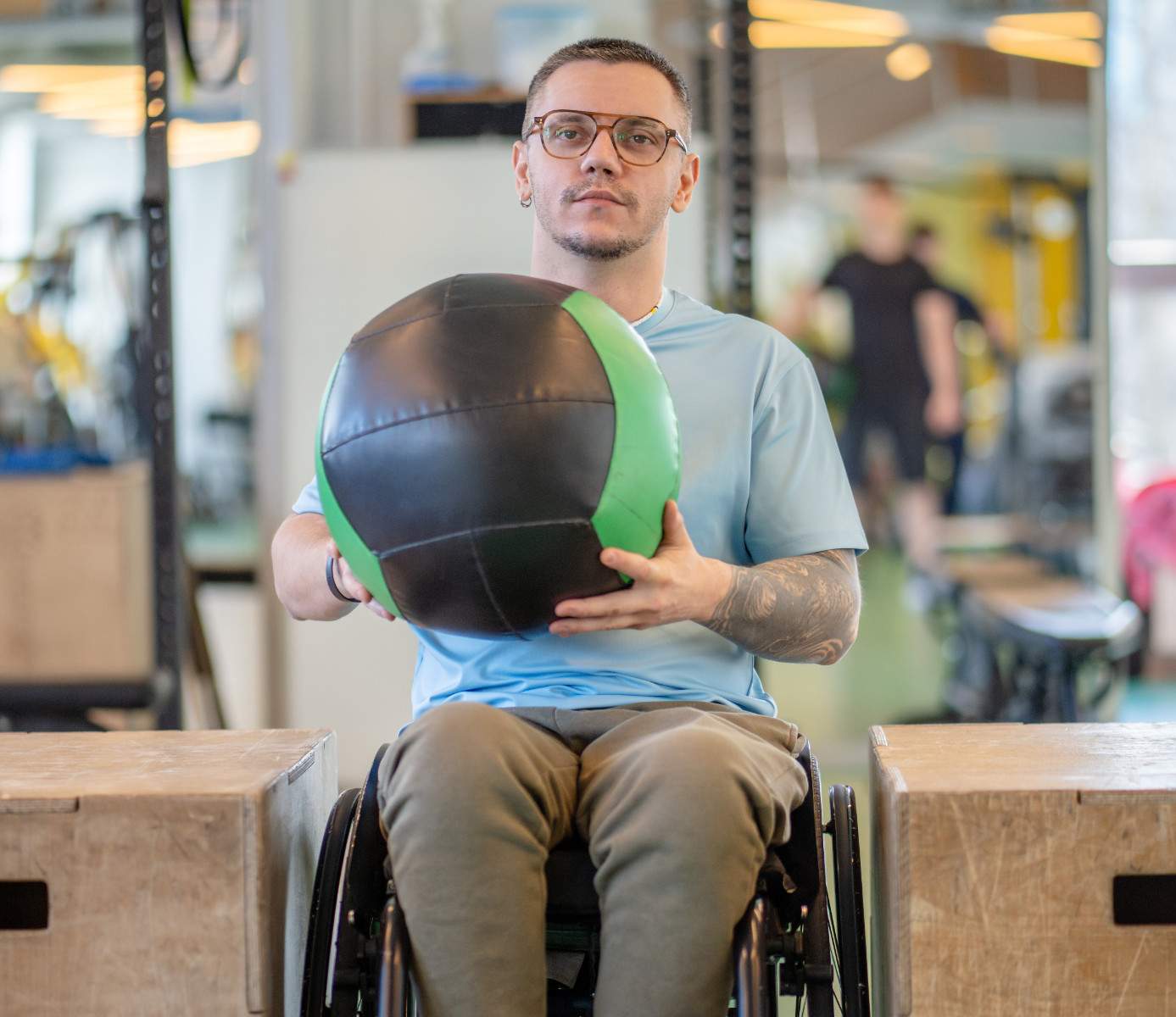Exercise should make you feel energised and strong, not completely wiped out for days. If you’re dragging yourself through daily activities after a workout, something’s not right. Understanding what causes extreme fatigue after exercise can help you train smarter and recover faster.
Why Do I Feel Completely Exhausted After Working Out?
Extreme fatigue after exercise happens when your body can’t recover properly from the physical stress you’ve put it through. Your muscles run out of energy, your nervous system gets overwhelmed, and your body struggles to repair itself.
Research shows that post-exercise fatigue occurs due to several key factors working together. Your muscle glycogen stores become depleted, your body temperature rises significantly, and waste products like lactate build up in your muscles. When these systems can’t keep up with demand, you crash.
What Are the Main Causes of Post-Exercise Exhaustion?
Your muscles rely on three energy systems to function. During intense exercise, you burn through your immediate energy stores (ATP-PC system) within 10-15 seconds. Your body then switches to breaking down carbohydrates for fuel.
When you push too hard for too long, you exhaust these energy systems faster than your body can replenish them. This leaves you feeling completely drained.
Australian summers are brutal, and losing just 2% of your body weight through sweat can reduce your performance by 10-15%. Dehydration affects your blood volume, making your heart work harder to pump oxygen to your muscles.
Electrolyte loss through sweat disrupts muscle contractions and nerve signals. Sodium, potassium, and magnesium deficiencies directly contribute to muscle fatigue and cramping.
Training too hard without adequate recovery leads to overtraining syndrome. Your body stays in a constant state of stress, unable to adapt and grow stronger.
Signs include persistent fatigue lasting more than 24-48 hours after exercise, declining performance despite consistent training, and feeling tired even after a full night’s sleep.
What you eat before and after exercise directly impacts your energy levels. Training on an empty stomach forces your body to break down muscle protein for fuel, leading to greater fatigue.
Not eating within 30-60 minutes after exercise delays muscle recovery and glycogen replenishment, extending your fatigue period.
How Long Should I Feel Tired After Exercise?
Normal post-exercise fatigue should last 1-3 hours maximum. You might feel pleasantly tired, but you should still be able to carry out daily activities without struggle.
If you’re exhausted for 24 hours or more after a workout, you’ve likely pushed too hard or haven’t recovered properly. This extended fatigue indicates your body needs more time to repair and adapt.
What Warning Signs Mean I Should Stop Exercising?
Stop your workout immediately if you experience:
- Dizziness or lightheadedness
- Nausea or vomiting
- Chest pain or difficulty breathing
- Severe muscle cramps
- Confusion or inability to think clearly
These symptoms indicate your body is under severe stress and continuing could be dangerous.
How Can I Prevent Extreme Fatigue After Working Out?
Start hydrating 2-3 hours before exercise with 500-600ml of water. During exercise, aim for 150-250ml every 15-20 minutes. After exercise, drink 150% of the fluid you lost through sweat.
For sessions longer than 60 minutes, use a sports drink containing 6-8% carbohydrates and electrolytes.
Eat a balanced meal 3-4 hours before exercise, or a light snack 1-2 hours beforehand. Focus on easily digestible carbohydrates with some protein.
Within 30 minutes after exercise, consume a 3:1 or 4:1 ratio of carbohydrates to protein. This kickstarts muscle recovery and glycogen replenishment.
Increase your training intensity by no more than 10% each week. This allows your body to adapt gradually without overwhelming your recovery systems.
Include at least one full rest day per week, and alternate between high and low-intensity training days.
When Should I See a Healthcare Professional?
Consult a doctor or sports medicine specialist if you experience:
- Persistent fatigue lasting more than 48 hours after exercise
- Declining performance despite consistent training
- Sleep disturbances or mood changes
- Frequent illness or infections
- Loss of appetite or unexplained weight loss
These symptoms could indicate underlying health issues or serious overtraining that requires professional assessment.
How Much Does Professional Help Cost in Australia?
- Sports medicine consultations: $200-400 for initial appointments, follow-ups $150-250
- Exercise physiologist sessions: $80-120 per hour
- Personal trainer sessions: $60-120 per hour (Melbourne trainers $80-100)
Many practitioners offer Medicare rebates, reducing your out-of-pocket expenses to $80-150. Some private health funds cover exercise physiologist services.
FAQ: Common Questions About Exercise Fatigue
Is it normal to feel tired the day after exercise?
Mild muscle soreness and slight fatigue 12-24 hours after exercise is normal. Extreme exhaustion that prevents daily activities is not normal.
Should I exercise when I’m already tired?
Light movement like walking can help recovery, but avoid intense exercise when you’re already fatigued. Your body needs rest to repair and adapt.
How do I know if I’m overtraining?
Key signs include persistent fatigue, declining performance, mood changes, frequent illness, and elevated resting heart rate.
Can supplements help with exercise fatigue?
Proper nutrition should be your first priority. Creatine, beta-alanine, and caffeine have research support, but they won’t fix poor training or nutrition habits.
Why do I feel more tired after some workouts than others?
Factors like sleep quality, stress levels, nutrition, hydration, and workout intensity all affect how tired you feel afterward.
Understanding what causes extreme fatigue after exercise empowers you to train smarter, not harder. Listen to your body, prioritise recovery, and seek professional help when needed. Your fitness journey should energise you, not exhaust you.


